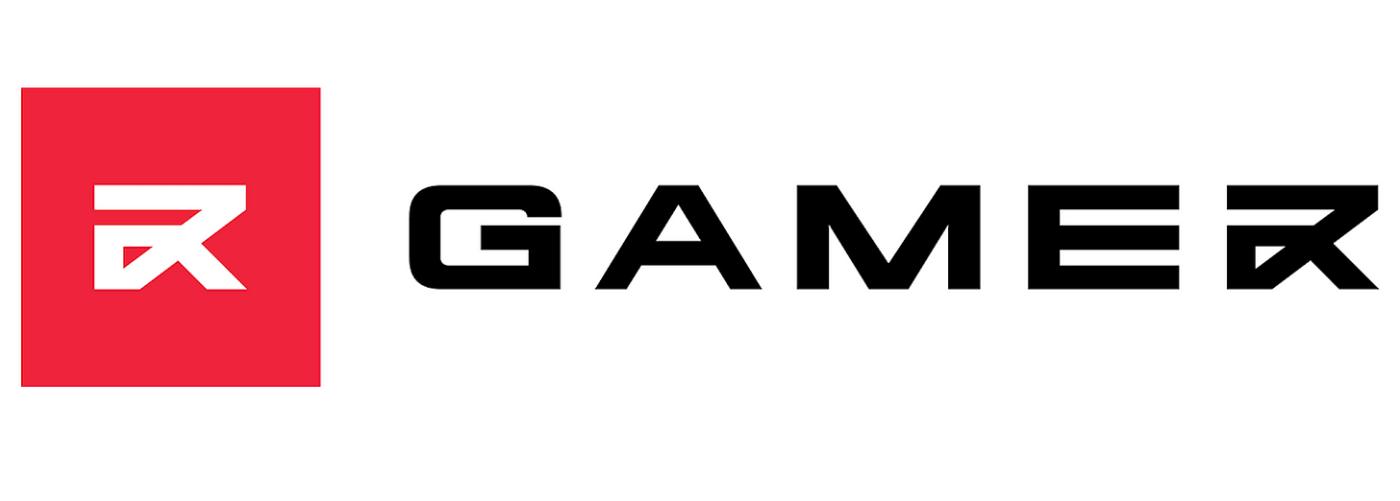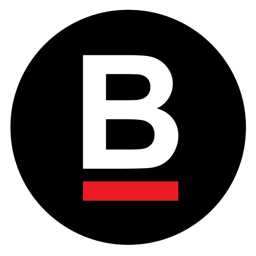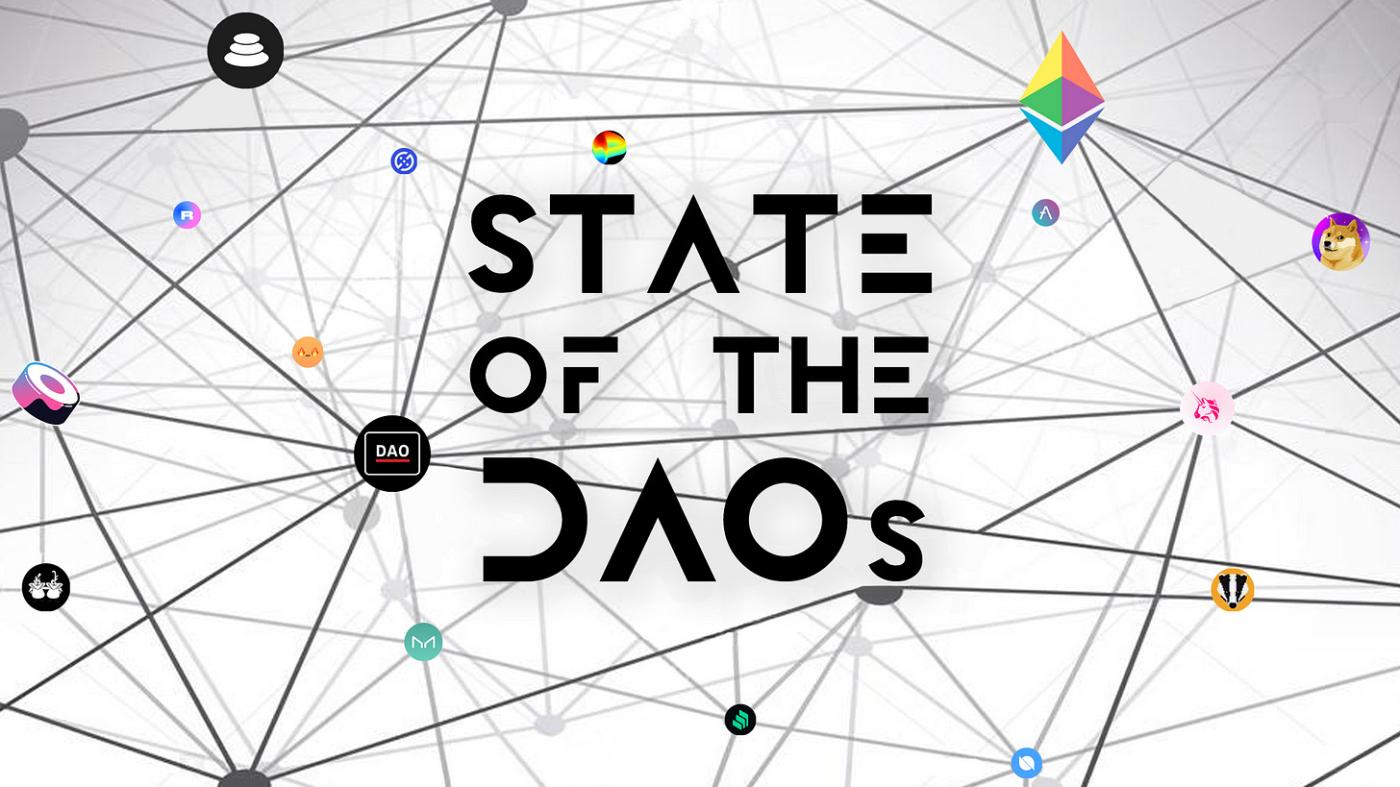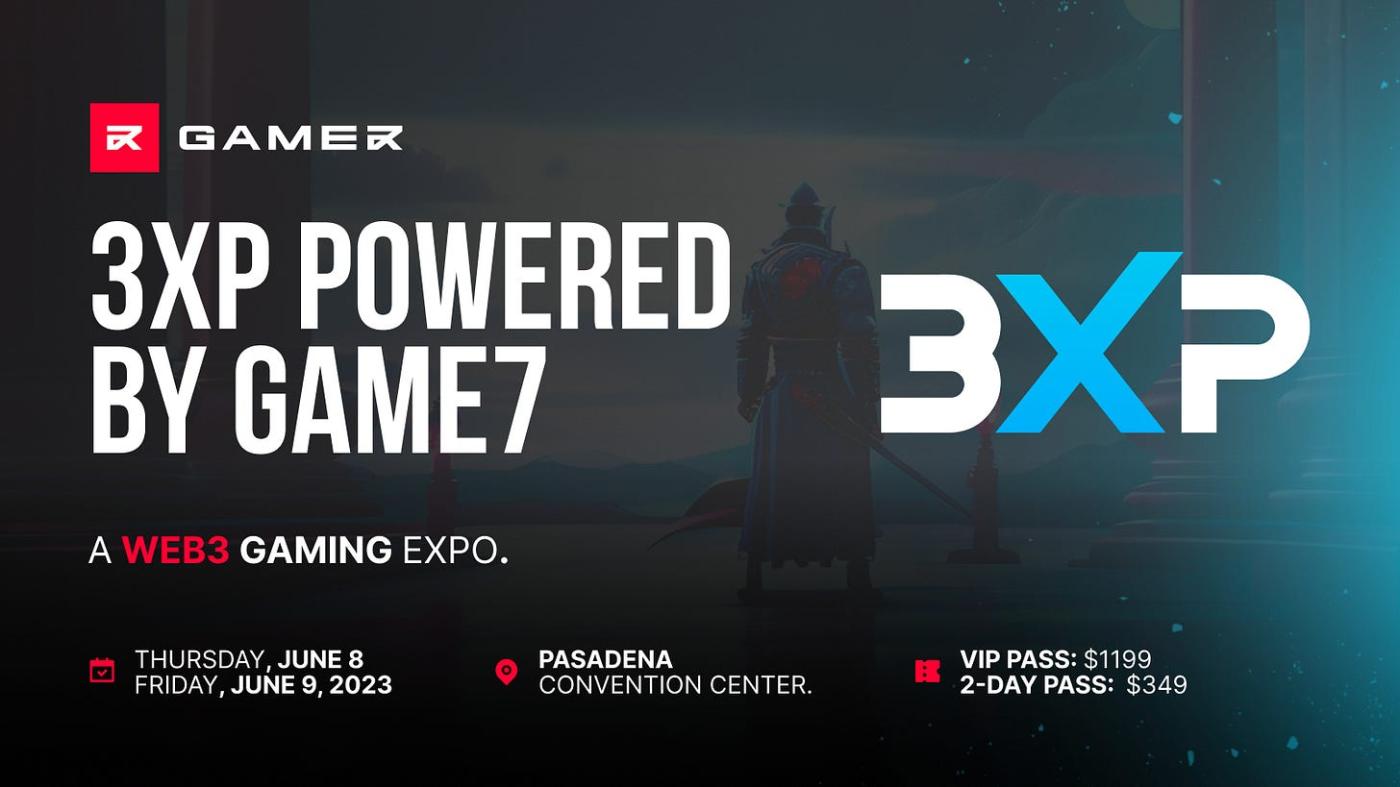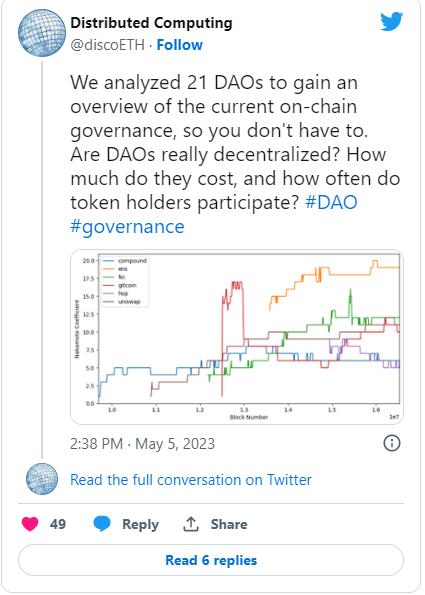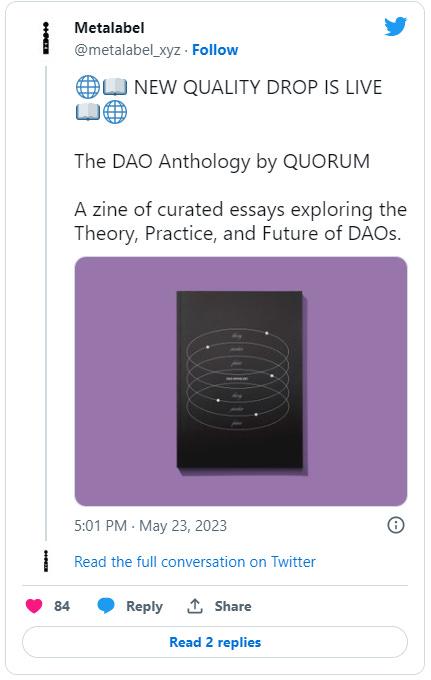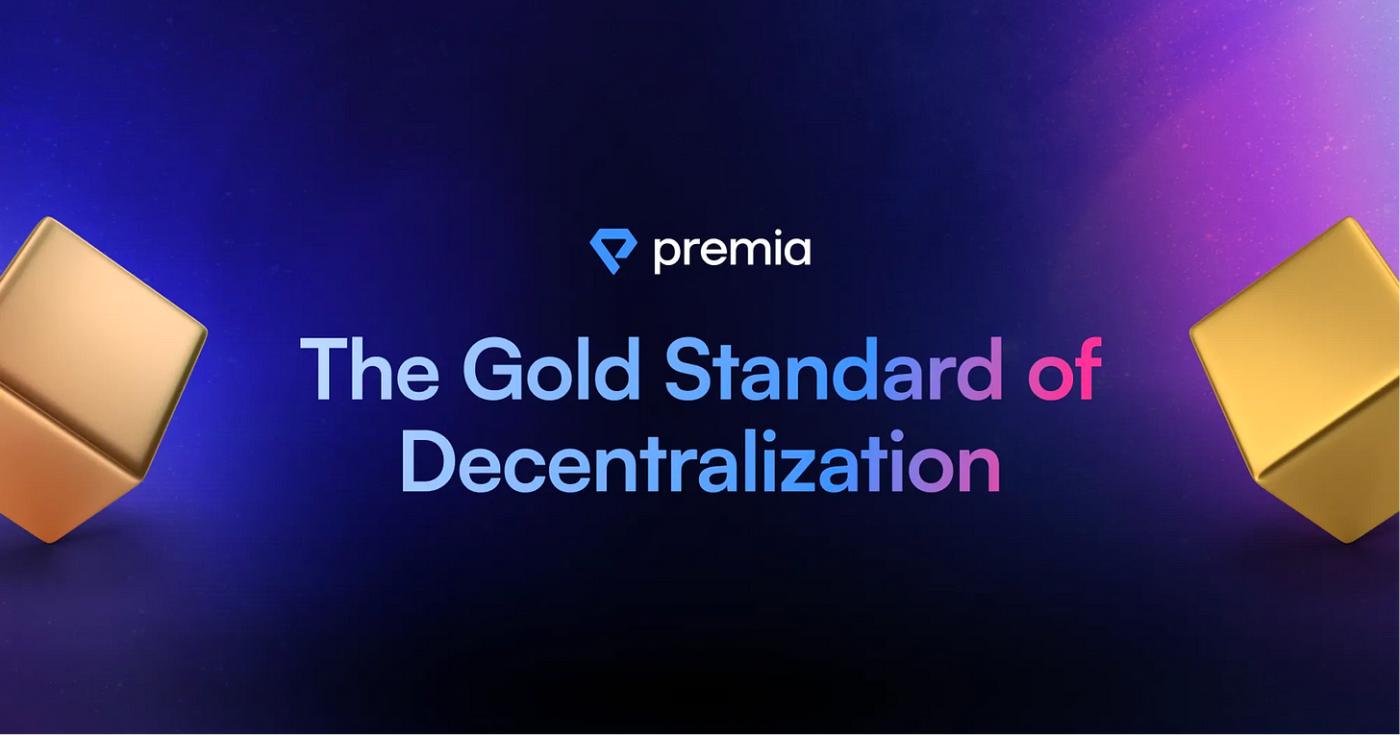For as long as we’ve been an organized species, we’ve been experimenting with how to make collective decisions. And for that long, we’ve been trying, and largely failing, to figure out a fair and equitable way to allocate decision-making authority.
One of the great hopes for DAOs was that they would give contributors a greater say in the organization’s decisions, that regular people would be able to help guide an organization. Indeed, we spend a lot of time talking about incentive alignment and bottoms-up governance, but many DAOs still use one-token one-vote models, plutocratic systems designed to reward whales over regular community members. There has to be a better way.
Fortunately, many are innovating in this area, ideating how to bring community participation, reputation, and other metrics into the voting equation. Game7 is one such platform.
As Game7 writes, “Soulbound tokens, experience points, and building meritocratic online communities offer effective solutions to address the pressing challenges confronting DAOs by promoting long-term engagement, incentivizing contribution, and ensuring fair distribution of decision-making power among community members.”
As always, we conclude with a TL;DR on some of the most recent DAO ecosystem takes and thought pieces, making it easy for you to cut through the noise and learn everything you need to know about the current state of the DAOs.
Contributors: BanklessDAO Writers Guild (Game7, angelspeaks, Quilia, KingIBK, Vi-Fi, Tonytad, Kornekt, HiroKennelly, siddhearta)
This is the official newsletter of BanklessDAO. To unsubscribe, edit your settings.
🙏Thanks to our Sponsor
Game7 DAO
Join the Web3 gaming revolution at the 3XP Gaming Expo powered by Game7!
The event will feature esports tournaments, immersive gameplay, and networking opportunities for industry pioneers. Connect with potential partners and investors during a showcase of the best Web3 games.
When: June 8-9
Where: Pasadena Convention Center.
Get your tickets today!
👉 Game7 is extending a 15% discount to the Bankless community! Use discount code: Game7@3XP15 to claim it. This early-bird discount is only available for the first 300 people, so don’t delay!
👉 To learn more, visit 3XP.gg and follow on Twitter @3XPgg.
👉 For more information, please contact info@3xp.gg.
Gamifying DAO Governance
Author: Game7
Imagine entire industries being governed by the stakeholders they have the most impact on. Imagine the transformational effect this would have on the entertainment industry, the financial sector, and even the government.
Decentralized autonomous organizations present an opportunity for all of us. These organizations are rethinking what it means to contribute to a community. They are a revolutionary, novel approach to creating decentralized and democratic organizations that introduce transparency and trust into systems that have often been unclear, untrustworthy, ambiguous, and broken.
Take the financial industry: centralization can often create opaque environments where individuals lack visibility into how their funds are being managed or used. A DAO can address this absence of transparency by creating a decentralized lending platform, where individuals can lend and borrow funds without the need for a trusted intermediary. Furthermore, it can be designed to automatically enforce rules like borrowing and lending rates and repayment schedules which are visible to everyone.
With the hope for building a better future comes the many challenges that must be solved. One of the primary challenges DAOs face is voter apathy. Many members join DAOs because of the thrill that comes with being a part of something new and the excitement that comes with being able to influence change in an organization, something usually only afforded to senior-ranking officials and executives in the centralized world. This enthusiasm is short-lived though, as people are met with complex user interfaces and procedures and a lack of incentives for participation. This, coupled with how easy it is for wealthy members to manipulate the governance process, has led to increasing frustration for many DAO members.
Whales, who can be described as a small number of people or entities that hold a significant amount of voting power by way of governance tokens, have long been criticized for making DAOs more centralized. This group has the ability to sway the outcome of a vote, regardless of the wishes of the majority of contributors.
Soulbound tokens, experience points, and building meritocratic online communities offer effective solutions to address the pressing challenges confronting DAOs by promoting long-term engagement, incentivizing contribution, and ensuring fair distribution of decision-making power among community members.
‘One Token, One Vote’ - A Broken Model
The ‘one token, one vote’ governance model is based on each individual having one vote for every token they own. The model is fragmented and ineffective. It incentivizes people who have more money to buy more votes, replicating one of the biggest challenges with centralized organizations. By introducing experience points (XP) to a governance system, the system begins to move away from the notion that money equals power. XP is earned and not bought, thereby incentivizing members to contribute in meaningful ways to achieve a higher rank.
Imagine a world where as each contributor completes works, tasks, and quests, they earn XP which can help them unlock features and rewards in real-time. Contributing to a DAO becomes like a game, and the difficulty that comes with onboarding and engaging in DAOs is abstracted away.
By tracking, measuring, and rewarding contributions via XP, DAOs can track, measure, and reward contributions and provide decision-making capabilities to those who invest time and effort instead of those who only contribute capital.
Putting the Soul in DAOs
While DAOs can use various tools like voting platforms and discussion forums to collect data on participation, these tools often do not provide a complete picture of an individual’s level of engagement. For example, members may participate in discussions or contribute to the DAO in ways that are not easily traceable or measurable, such as providing support or guidance to other community members.
Soulbound tokens (SBTs) can help address this problem. SBTs are often referred to as digital identity tokens and are meant to represent a person’s online identity. They can’t be sold or traded and are bound to one person. Instead of issuing governance tokens that can be bought, sold, and traded, SBTs can be assigned to DAO members and act as membership cards. In this scenario, when DAO members contribute to the community by completing a task and earning XP, their SBT can be upgraded, giving them more access, influence, and power within the community. The NFT is upgradeable and unique and serves as a status symbol within that community.
A Digital Meritocracy
In meritocratic societies, individuals achieve positions of power and influence based on their abilities, talents, and achievements instead of wealth and social status. Those who show the highest level of excellence are continuously rewarded with more responsibility and decision-making power.
The result of implementing SBTs and XP into DAO governance is a meritocratic governance model that distributes power and governance rights to the most productive members of the community. When you see a user’s XP, it’s clear that they’ve contributed to the ecosystem, and they’ve earned rather than bought their influence.
This approach helps ensure that decisions are made by those who have the greatest knowledge and experience in a particular area, leading to more informed and effective decision making.
Meritocratic DAO governance also encourages a more diverse range of voices and perspectives, as members with different backgrounds and areas of expertise are given an equal opportunity to contribute. This promotion of a more fair and equitable distribution of decision-making power leads to a more efficient and effective DAO ecosystem.
The Way Forward
For millennia experiments have shaped society, ultimately leading us to its current state — a world built to benefit few. DAOs present an opportunity to change this for the better and create a future run by network states — decentralized communities that will band together to strive for more transparency and accountability.
To achieve this we need to make DAO participation more seamless, more fair, and more enticing — not just for the early adopters but for everyone. This can be achieved by using XP and SBTs to gamify the governance process. The result is a society built on merit, one where each contributor is incentivized to solve the challenges ahead, and excited to contribute to a better future.
🙏 Sponsor: Game7 DAO is launching Summon, the new, gamified, meritocratic governance tool for DAOs.
Ecosystem Takes
🔥 and 🧊 insights from across the DAO ecosystem
Collect The DAO Anthology by Quorum
"The DAO Anthology" is a collaborative publication released by Quorum, a metalabel formed by Samantha Marin and Brandon Nolte, who originally were individual creators with their own podcasts and newsletters on DAOs.
The DAO Anthology showcases a selection of influential essays exploring the theory, practice, and future of DAOs, contributed by a total of 21 writers and supported by an overall team of 25 people. Among the selected essays include several BanklessDAO alum, including Samantha Marin, frogmonkee, 0xJustice, and siddhearta.
The zine can be purchased in two ways: firstly, as an on-chain record for 0.045 ETH, which includes a digital version and a claimable physical print copy. Alternatively, a physical copy of the zine can be bought for $44 USD using traditional payment methods like a credit card.
Cabin Launches the First Network City
Author: Jackson Steger
🔑 Insights: Cabin has launched a network city, linking 20+ properties around the world with a shared culture, economy, and governance system. Prior to launch, the Cabin community developed a global network of nature-immersed properties. With the belief that a network city is the most suitable way to enable members to live surrounded by other kind, thoughtful, creative, open-minded, playful, and generous people, they offer a continuous a la carte menu of co-living and work-stay exchanges across the globe. The aim is to rewrite the rules for how members coordinate, connect, and live with each other.
Cabin neighborhoods are designed to cater to remote workers and creators who love nature.
Check out the Network City Center, which includes Cabin Citizenship, City Directory, Cabin Census and a Town Hall.
Cabin Citizenship is free if you attend a Build Week at a Cabin neighborhood or hold 1,000 CABIN.
Cabin Citizens receive exclusive access to co-living and residencies in the City Directory and collectively curate the list of neighborhoods that make up the network city.
Participating can earn you roles, passport stamps, and tokens that give you privileges, reputation, and governance rights.
Understanding the Advantages and Disadvantages of DAO Voting Schemes
Author: Jyotrimoy Barman
🔑 Insights: Decision making is an important process in DAOs, and many decisions are made through voting. Because different voting schemes have their advantages and disadvantages, DAOs need to be well informed about these differences to be able to choose one that best suits their needs.
In token-based quorum voting, a certain percentage of voters must participate and vote in favour of a proposal. This method favours those with more tokens.
Quadratic voting is a way to vote that takes into account the intensity of a preference, not just the preference. This method enables proposals with a small number of passionate supporters to have a chance of funding, and it lessens the power of whales.
Other voting methods include weighted voting, reputation-based voting, and conviction voting.
Introducing Centaurs: Blazing New Trails in AI DAOs
Author: Autonolas
🔑 Insights: Centaurs is a new product in the Autonolas ecosystem that combines human members with an AI co-pilot to enhance decision making and execution through AI DAOs.
Centaurs offers the potential to accelerate decision making and improve effectiveness in decentralized organizations by integrating AI-backed processes, enabling faster consensus and collaboration.
Centaurs' unique plugin architecture also facilitates wide code distribution, Autonolas tokenomics participation, and it offers developers enhanced opportunities for growth and collaboration.
Likewise, Centaurs introduces innovative features that enhance organizational efficiency, including AI-driven content generation and CentaurBots' ability to assist with decision making, performance evaluation, strategy suggestions, and intelligent distribution of ownership and rewards. Its functionality spans from social media posting to crypto protocols and web2 apps, catering to diverse use cases from finance to entertainment and beyond.
Centaurs in embracing the undeniable potential of AI-powered DAOs, and opens the door to unparalleled innovation and efficiency.
Governance Series: The Gold Standard of Decentralization
Author: Premia Finance
🔑 Insights: This article explores the concept of decentralized governance and emphasizes the importance of finding a balance between off-chain and on-chain governance infrastructure, and highlights the need for a hybrid approach that combines the strengths of both methods to achieve better decentralization and more effective decision making.
Decentralization can be measured in multiple ways, with on-chain governance being the closest to achieving sufficient decentralization.
On-chain governance allows for seamless execution of proposals in a trustless manner, transparency, and permanence of voting, making it suitable for critical processes like treasury allocation and protocol upgrades. However, limitations include low voter participation, scalability issues, and high costs, which are being addressed through gas rebates and gasless voting options.
Off-chain governance mechanisms, such as Snapshot, complement on-chain governance due to their simplicity and composability features, but they lack the trustless and objective nature of on-chain governance.
Projects like DELV (Element Finance) and Optimism's Agora are implementing on-chain governance to enhance decision making and decentralization, while addressing challenges like voter fatigue and limited scalability.
While on-chain governance has its challenges, combining off-chain and on-chain mechanisms can foster participation and strike a balance between decentralization and practicality.
🙏 Thanks to our Sponsor
